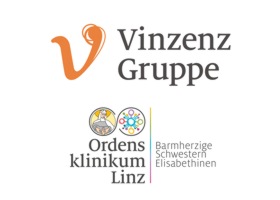Lack of elevation of beta-thromboglobulin and platelet factor 4 in plasma during exercise in patients with chronic peripheral arterial occlusive disease.Tools Minar, E und Ehringer, H und Schöfl, R (1987) Lack of elevation of beta-thromboglobulin and platelet factor 4 in plasma during exercise in patients with chronic peripheral arterial occlusive disease. Klinische Wochenschrift, 65 (9). pp. 419-23. ISSN 0023-2173 Für diesen Eintrag wurde kein Volltext-Dokument angefügt.
|
||||||||||||||||
|
|
|
|


 Tools
Tools Tools
Tools